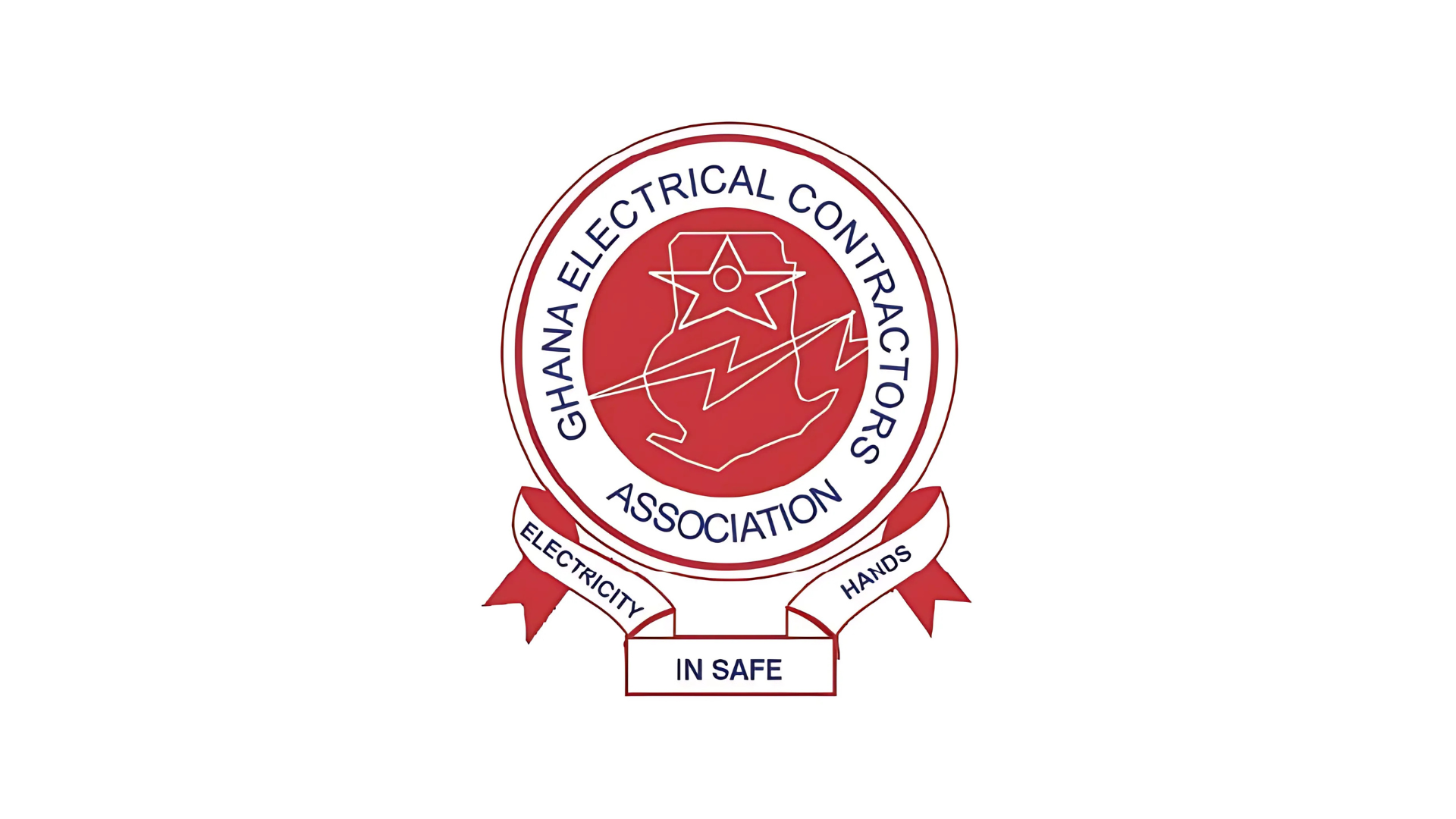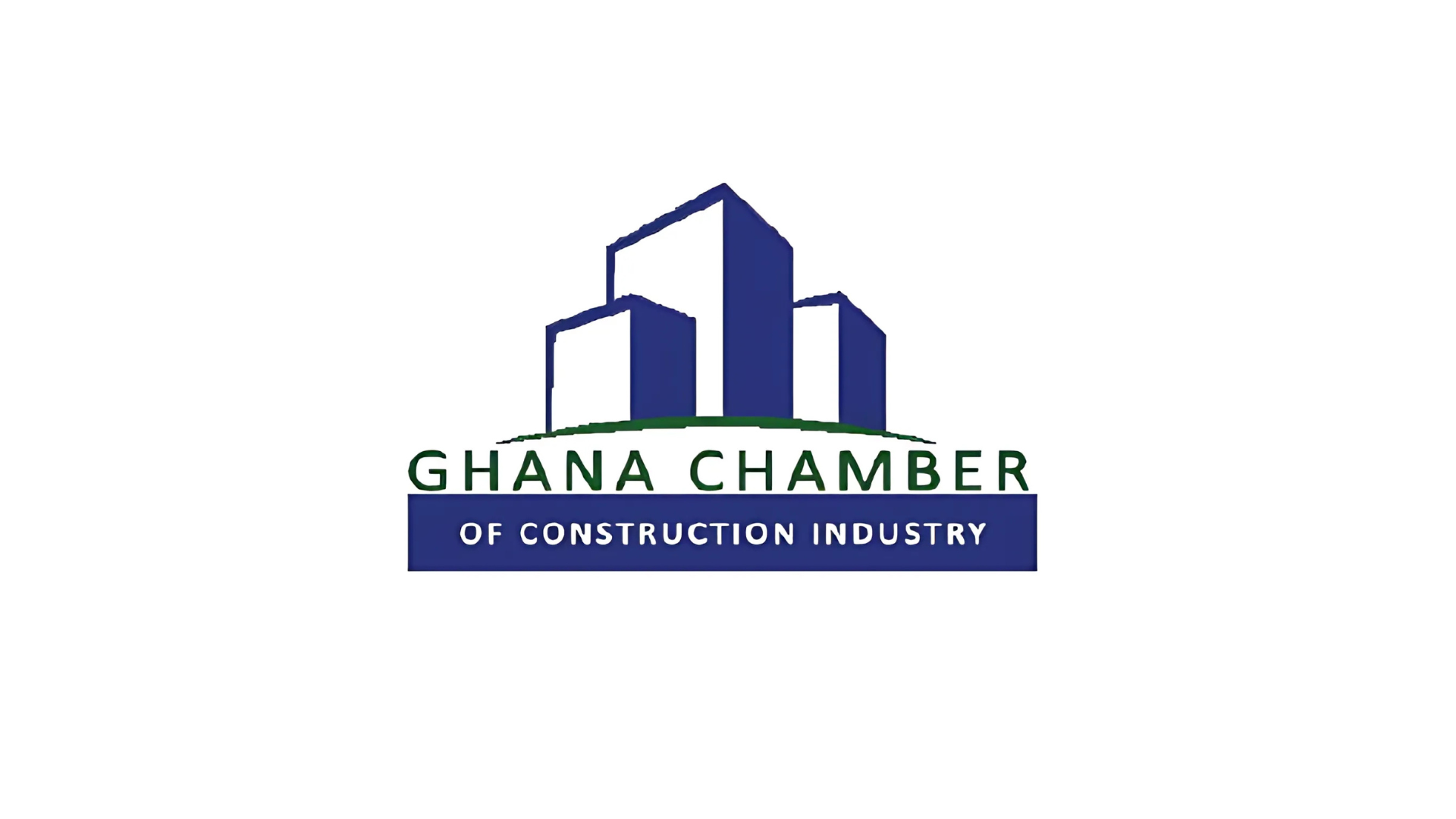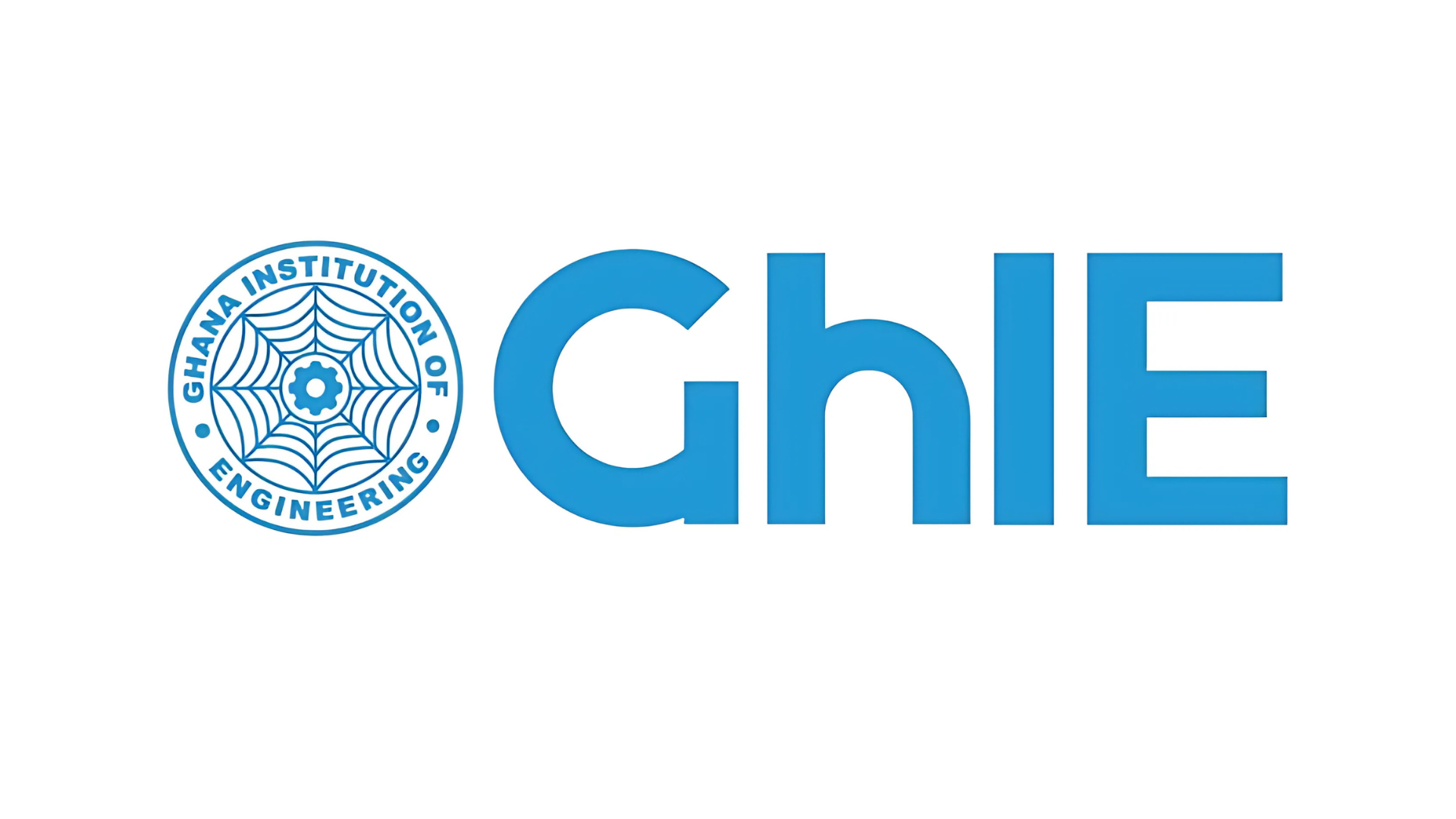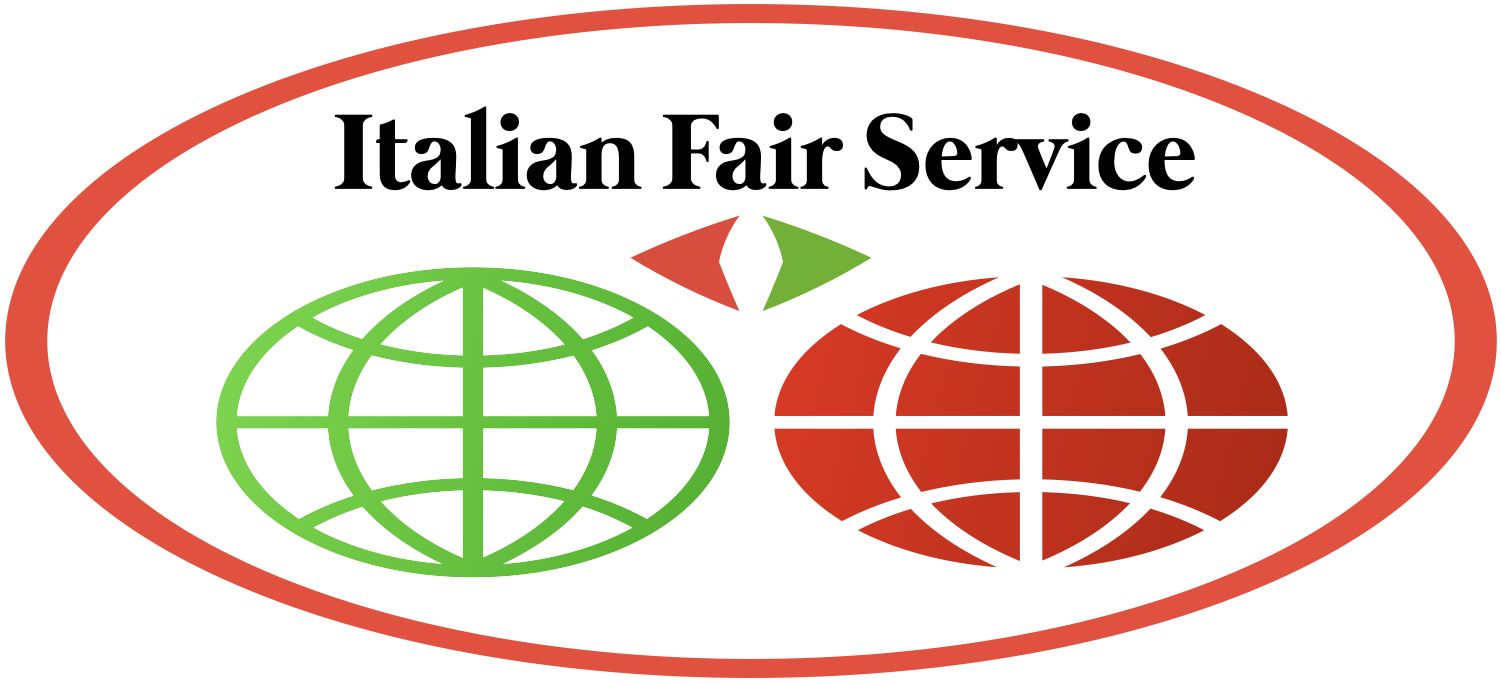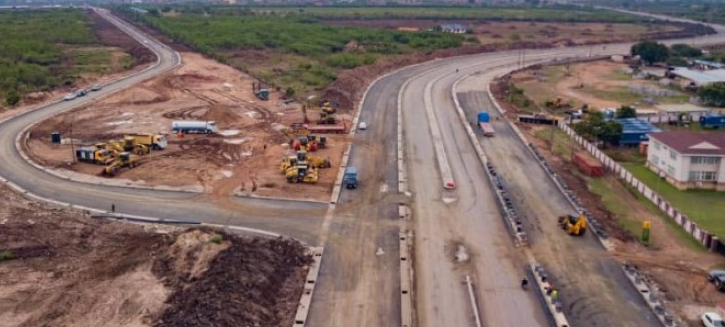
Ghana’s construction industry has seen significant growth in recent years, as noted in a March 8, 2023, Ministry of Roads and Highways report on completed project data from January 2017 to December 2022.
From 2009 to 2016, there were five completed interchanges and overpasses in the country, and six have been added between 2017 and 2022. In the latter period, seven additional interchanges were under construction. These and other projects have a 2024 completion date.
Regarding project progress, at the end of 2016, 135 kilometres or 27% of the Asikuma junction to the Gbintri section of the Eastern Corridor Road was in good condition. By the end of 2022, the 366 kilometres or 74% have been improved. The project has eased the movement of goods and people, especially transporting farm produce.
President Akuffo Addo declared 2022 the “Year of Roads,” kicking off nine new road construction projects and seven bridges slated to be completed in 2022.
In its country commercial guide on Ghana, the US Department of Commerce's International Trade Administration describes construction and infrastructure as “the best prospect industry in this country”. The report gives high marks to key construction subsectors where demand remains vital for infrastructure development.
The subsectors are:
1. Housing and urban development, including the construction of residential buildings and municipal and commercial buildings.
2. Water and sanitation.
3. Transportation infrastructure such as roads, airports, ports, and harbours.
The ITA said about 2,500 active building and construction contractors operate in the Ghanaian market. The companies range from indigenous micro-enterprises and individual contractors to foreign multinational civil engineering and construction giants such as ARUP Engineering.
With many more projects in the pipeline, the Ministry of Roads and Highways is poised to make significant progress in Ghana’s construction industry to stimulate economic growth to build on the progress of the period covered by its report.
Besides the government's initiatives, the construction industry in Ghana is also driven by private-sector investment. The real estate sector has seen significant growth because of the demand for housing for residential and commercial purposes. There has also been an increase in foreign investment in the construction industry, with foreign companies, notably from China, for example, Zhongmei Engineering Group partnering with local firms to undertake large-scale infrastructure projects like the Pokuase Interchange.
Despite the growth and development of the construction industry in Ghana, some challenges still need to be addressed. These include the need for more skilled labour, inadequate funding, and the high cost of construction materials. These can be addressed through initiatives such as skills training programs and establishing construction material manufacturing plants in the country.
Oxford Business Group noted that the construction sector, which contributed 7.5% to GDP between 2013 and 2020, can potentially drive Ghana’s GDP growth for years.
The Group said despite the pandemic’s negative impact and rising global commodity prices, Ghana’s political stability and the activation of the African Continental Free Trade Area “make construction projects in Ghana an attractive proposition for investors moving forward”.
Similarly, the country’s real estate sector has experienced robust growth since 2018, thanks to higher transaction volumes. While initiatives have facilitated sector growth to address serious social issues such as a lack of accessible housing finance options, the Covid-19 pandemic underscored the need for more reactive government interventions.
Regarding transport infrastructure, the Ghana Investment Promotion Council in 2022 saw Ghana positioning itself as West Africa’s transport and aviation hub. “Ongoing expansion of the air and seaports, modernization of the country’s railway system, and interventions to revive water transport on Lake Volta seek to provide a truly multi-modal corridor to serve landlocked countries in the west Africa sub-region and catalyze trade with the rest of the world,” the Council said.
Ghana’s transport infrastructure has undergone significant upgrades in recent years, boosting the country’s logistics, tourism, and industrial capacity.
Rural-urban connectivity would give a further boost, but with transport sector projects in the pipeline, the government is on track to address the connectivity issue if it continues to attract more foreign direct investment. The authorities have identified the need for more bridges to connect the villages to the urban areas to narrow the social gap and improve the health and well-being of the people in rural areas.
In 2022, a local publication, the Daily Graphic, reported that 25 bridges in nine of the country’s 16 regions would be handed over to the Ministry of Roads and Highways. It said the projects aimed to resolve “critical challenges in communities and towns across the country as part of Czech government support”.
With such an active sector, the road ahead looks promising for Ghana’s construction industry.




